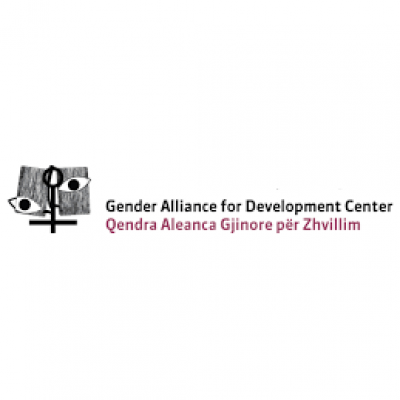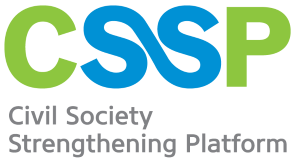Gender based Discrimination and Labour in Albania / Diskriminimi me bazë gjinore dhe puna në Shqipëri

Gender Alliance for Development Center (GADC) has examined gender-based discrimination and labour in Albania, as part of a regional initiative in six Western Balkan countries, supported by the European Union (EU) and cofunded by the Swedish International Development Agency (Sida). The research aimed to provide information about shortcomings in the relevant legal framework; the prevalence and nature of gender-based discrimination related to labour; the extent to which people have filed claims; how institutions have treated such cases; and how these have changed since 2018, if at all. Conducted in 2018 and 2021, the research involved mixed methods, including a desk review, online survey, and interviews.
Albania has a good legal and policy framework for addressing gender-based discrimination and labor rights, although not all of them are fully in line with the EU Acquis on Gender Equality, and although the study shows that the implementation of legislation and policies remains weak. Albania is committed to gender equality and the rule of law, also as part of meeting the criteria for membership in the European Union (EU). Albania is in the process of approximating national legislation with EU legislation, including the EU Acquis on Gender Equality, which includes discrimination and sexual harassment such as the Directive (2006/54 / EC) with provisions relating to remedies, penalties, the burden of proof, victimization, promotion of equal treatment through equality bodies, social dialogue, and dialogue with CSOs.
More information about the findings of the researches can be read here.
Here you may find the newsletter on the launching event of the report.
Qendra Aleanca Gjinore për Zhvillim (GADC) ka ekzaminuar diskriminimin me bazë gjinore dhe punën në Shqipëri, si pjesë e një nisme rajonale në gjashtë vende të Ballkanit Perëndimor, të mbështetur nga Bashkimi Evropian (BE) dhe të bashkëfinancuar nga Agjencia Suedeze për Zhvillim Ndërkombëtar (Sida). Hulumtimi synoi të ofrojë informacion për mangësitë në kuadrin ligjor përkatës; prevalenca dhe natyra e diskriminimit me bazë gjinore lidhur me punën; shkallën në të cilën njerëzit kanë paraqitur kërkesa; si i kanë trajtuar institucionet rastet e tilla dhe si kanë ndryshuar këta tregues që nga viti 2018, nëse ka patur ndryshim. I kryer në 2018 dhe 2021, hulumtimi përfshinte metoda të përziera, duke përmbajtur shfletim të literaturës, sondazh në internet dhe intervista.
Shqipëria ka një kuadër të mirë ligjor dhe politikash për trajtimin e diskriminimit me bazë gjinore dhe të drejtave të punës, megjithëse jo të gjitha janë plotësisht në përputhje me Acquis të BE-së për Barazinë Gjinore, por studimi tregon se zbatimi i legjislacionit dhe politikave mbetet i dobët. Shqipëria është e përkushtuar ndaj barazisë gjinore dhe shtetit të së drejtës, gjithashtu si pjesë e përmbushjes së kritereve për anëtarësim në Bashkimin Evropian (BE). Shqipëria është në proces të përafrimit të legjislacionit kombëtar me legjislacionin e BE-së, duke përfshirë Acquis të BE-së për Barazinë Gjinore, e cila përfshin diskriminimin dhe ngacmimin seksual si Direktiva (2006/54 / KE) e cila përfshin dispozita në lidhje me mjetet juridike, ndëshkimet, barrën e provës, viktimizimin, promovimin e trajtimit të barabartë përmes organeve të barazisë, dialogut social dhe dialogut me OSHC-të.
Mund të lexoni më shumë informacion në lidhje me gjetjet e raportit duke klikuar këtu
Këtu mund të lexoni buletinin informativ të promovimit të raportit.
